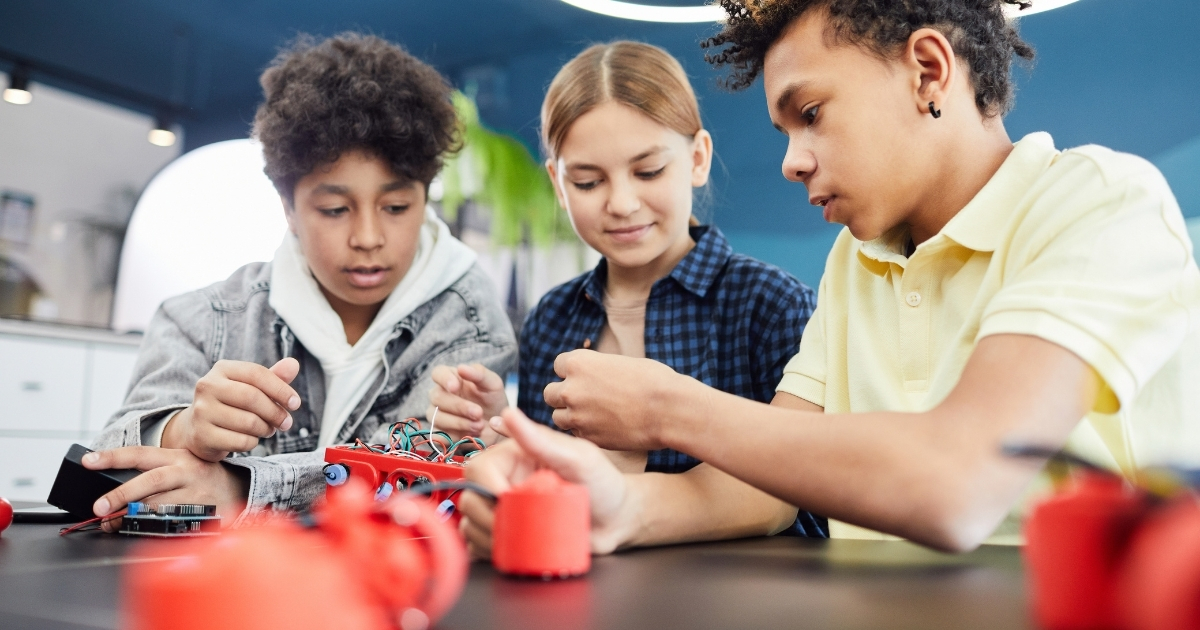In the past decade, the concept of unschooling has evolved from a fringe movement into a mainstream educational choice for many families. At its core, unschooling emphasizes self-directed learning, where children follow their interests and passions rather than adhering to a rigid curriculum. With the advent of technology, this learning method has gained even more […]


